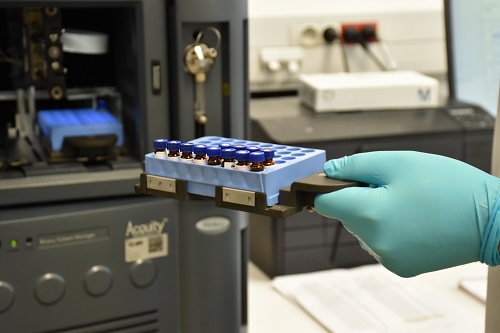What is lipidomics?
Lipidomics combines cutting-edge technologies to give a holistic view of these disorders and provide molecular details of altered biochemical pathways and biomarkers for therapeutic use.
Lipids are small molecules that are insoluble or sparingly soluble in water. Lipids play an essential role in all biological species.
Lipidomics is the science of the lipid composition of biological samples. Lipidomic alterations are observed in human tissues and fluids in pathological states, including cardiometabolic diseases such as cardiovascular disorders, diabetes and obesity.
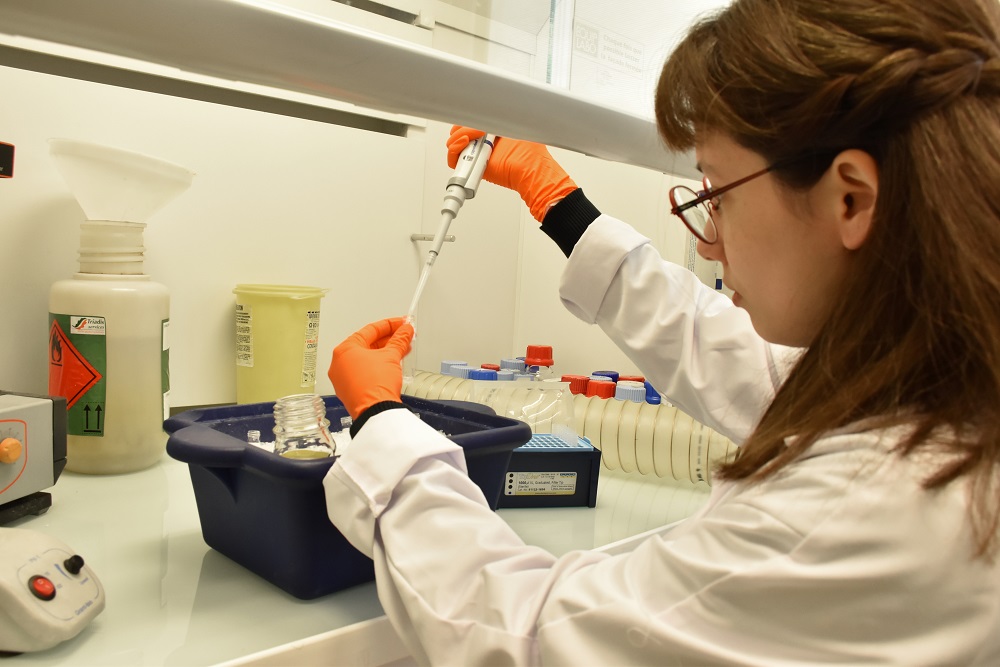
The ICAN Omics lipidomics platform
Cutting-edge technologies such as mass spectrometry coupled with gas or liquid chromatography enable the ICAN IHU to guarantee ultra-sensitive, quantitative analyses of hundreds of lipid species in various biological matrices.

Our expertise
“On the ICAN Omics lipidomics platform at ICAN, 450 lipid species are routinely measured, including > 230 glycerophospholipids, 70 sphingolipids and > 130 neutral lipids. These studies have led to dozens of publications in international peer-reviewed journals and several patent applications involving new biomarkers of disease”
Dr Anatol Kontush, Scientific Director (UMR ICAN 1166).
Current developments
- Long-chain acylcarnitines
- Oxysterols
- Negative mode phospholipids with elucidation of sn1 and sn2 fatty acids
Equipment
- GC-MS: Trace 1310/ISQ LT (ThermoFisherScientific)
- LC-MS/MS: HPLC (Prominence Shimadzu)/ QTrap 4000 (AB Sciex)
- UPLC-HRMS Acquity Wtaers/ QExactive (ThermoFisherScientific)
- LV200 automated pre-analyzer (Biotage)
- Precellys Evolution homogeniser (Ozyme),
- Waters positive pressure manifold (96)
- SPD131DDA speed vacuum concentrator with cryogenic trap (Thermo Fisher Scientific)
Certifications
IBiSA label renewed in 2023. For further information.

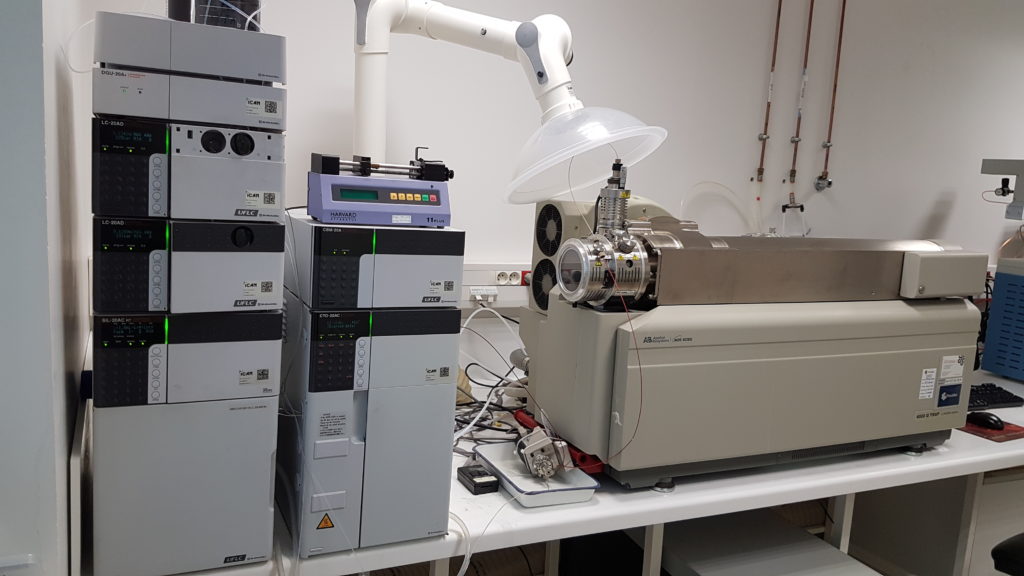
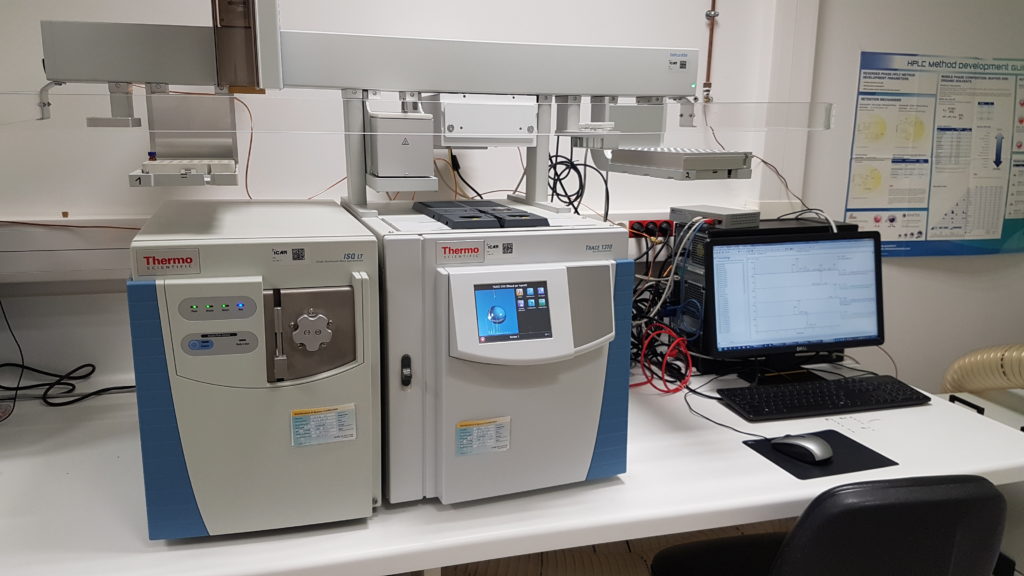
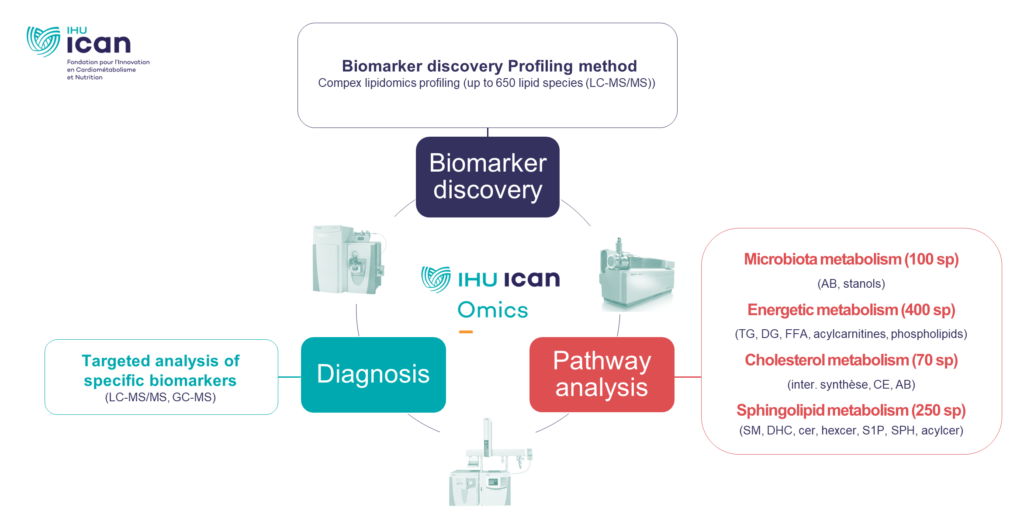
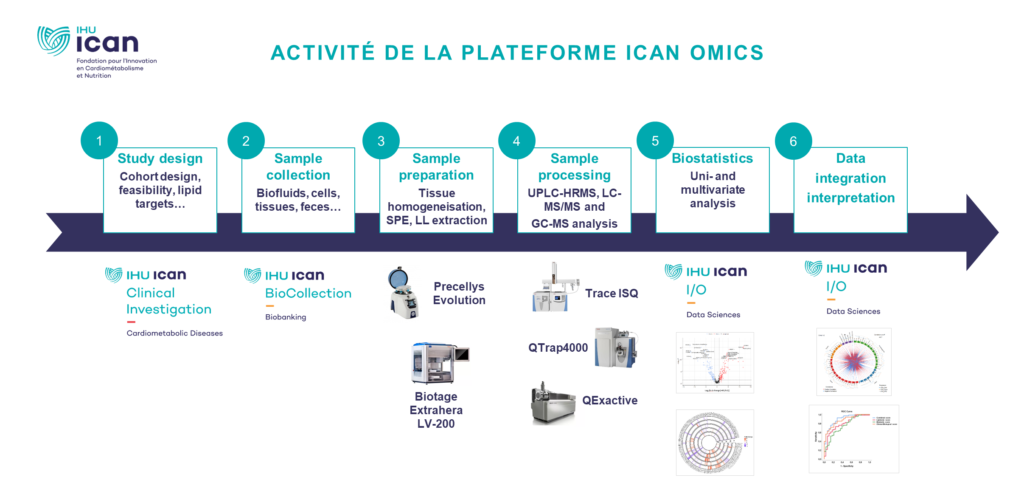
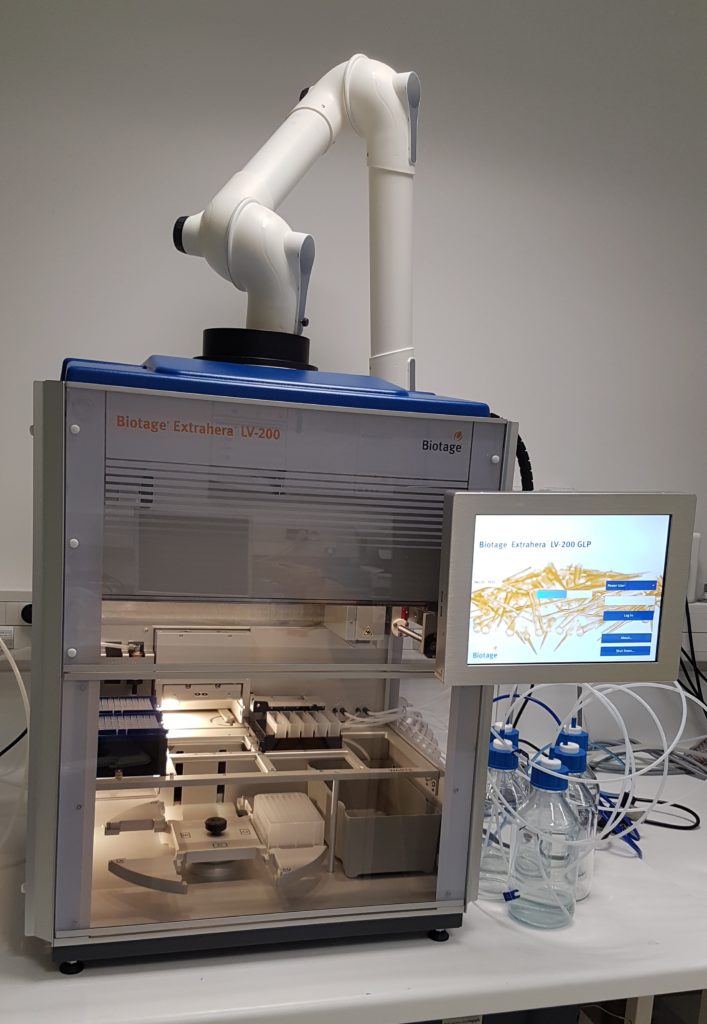
Steering committee
Dr Anatol Kontush (DR, UMR ICAN 1166)
Scientific Director
Dr Marie Lhomme (IR, ICAN)
Operational manager
Scientific Committee
- Dr F. Fenaille (CEA)
- Dr I. Gomperts Boneca (Institut Pasteur)
- Dr F. Lamari (APHP)
- Dr W. Le Goff (UMR ICAN 1166)
- Pr F. Mochel (ICM)
Network
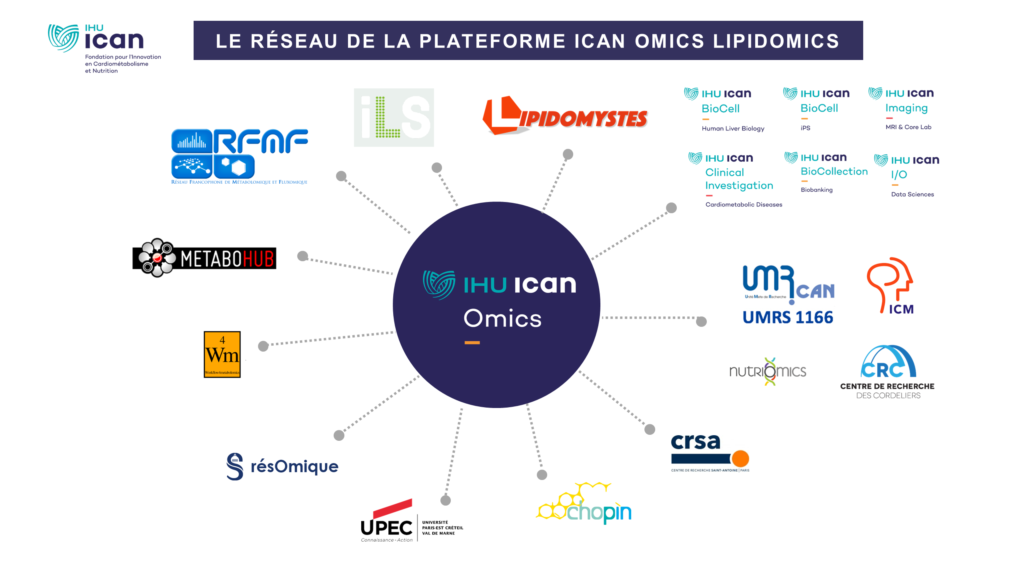
Conditions of access
- Download the form below and send it by e-mail to m.lhomme@ihuican.org.
- Your project will be submitted to the steering committee.
- Once approved, a quotation will be drawn up to initiate the project.
Contact
47-48 bd de l’hôpital
75013 Paris
ICAN – bât E3M – 6th floor
Major publications ICAN Omics
Latest publications
12/03/2024
15/12/2023
17/10/2023
01/10/2023
Deleterious functional consequences of perfluoroalkyl substances accumulation into the myelin sheath
01/09/2023
23/08/2023
27/07/2023
28/03/2023
09/12/2022
Impacts of a high-fat diet on the metabolic profile and the phenotype of atrial myocardium in mice
19/05/2022
13/04/2022
Older publications
28/10/2020
13/08/2020
10/01/2020
Exploring the Bacterial Impact on Cholesterol Cycle: A Numerical Study
27/11/2019
The intestinal microbiota regulates host cholesterol homeostasis
11/10/2019
10/03/2017
21/01/2016
08/11/2014
Circulating phospholipid profiling identifies portal contribution to NASH signature in obesity
01/11/2013
Unraveling the complexities of the HDL lipidome
03/10/2013
